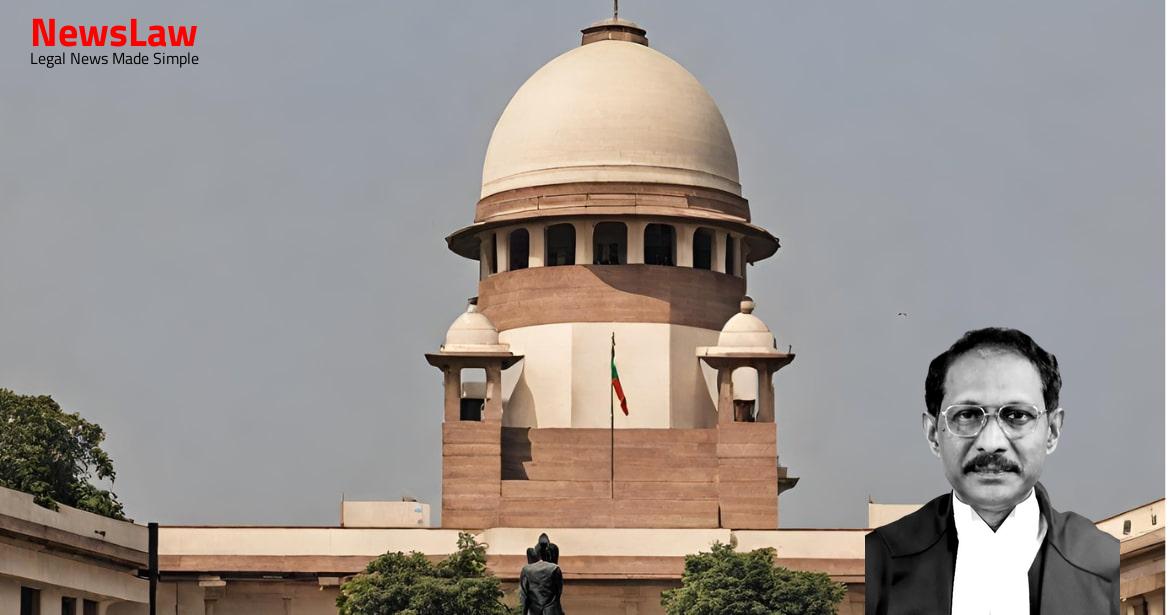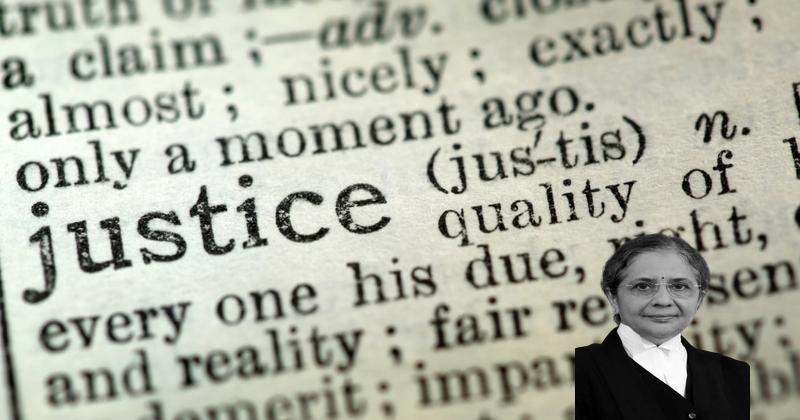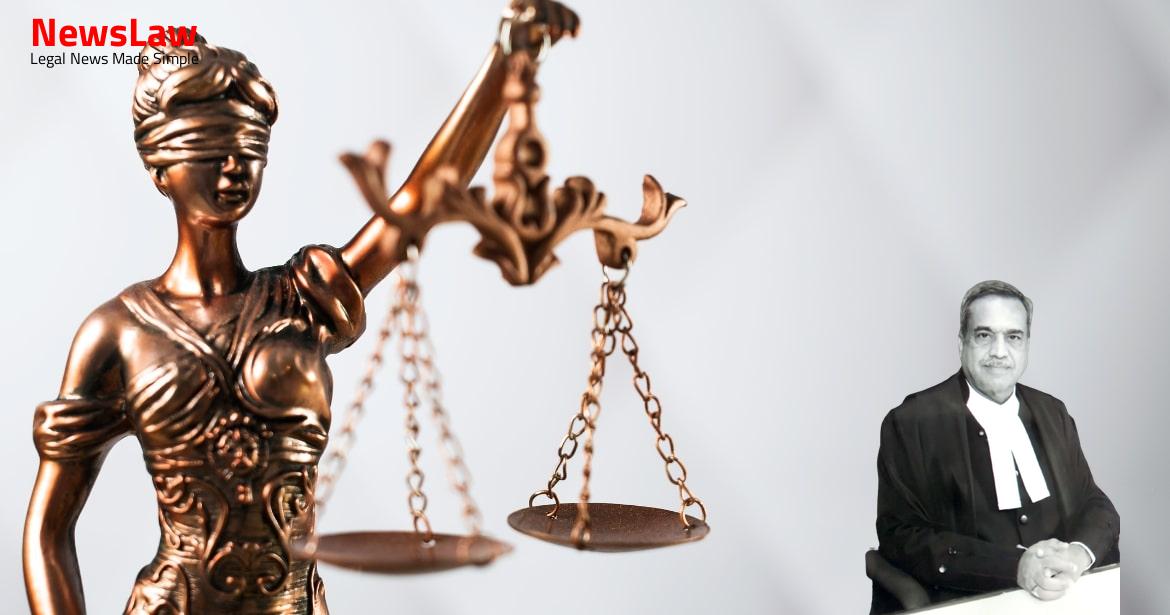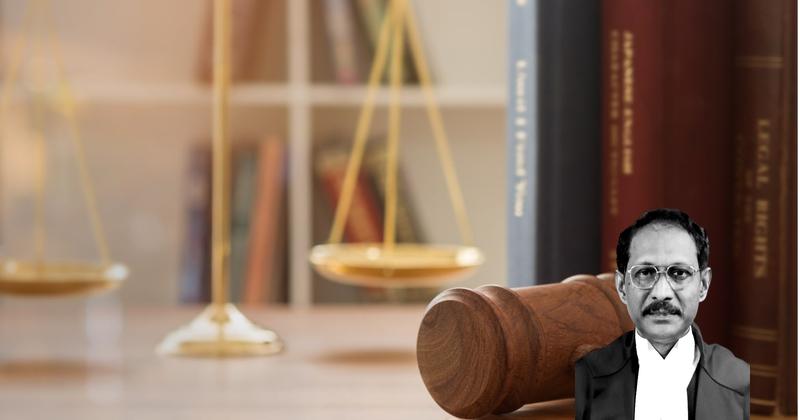Shri Prashant Bhushan, learned counsel appearing on behalf of the petitioner has heavily relied upon the decision of this Court in the case of Youth Bar Association of India (supra) by which this Court directed copies of FIRs to be published within 24 hours of their registration on the police websites or on the websites of the State Governments. 3 Shri Prashant Bhushan, learned counsel appearing on behalf of the petitioner has also vehemently submitted that the chargesheet is a public document once filed in the Court. At the outset, it is required to be noted that by way of present writ petition under Article 32 of the Constitution of India, the petitioner by way of Public Interest Litigation has prayed for an appropriate direction/order directing all the States in the country to enable free public access to chargesheets and final reports filed as per Section 173 of the Cr.P.C.
From the entire judgment it appears that this Court directed the copies of the FIRs to be published within 24 hours on the police websites or on the websites of the State Government. After forwarding a report under this section, the officer in charge of the police station shall, before the commencement of the inquiry or trial, furnish or cause to be furnished to the accused, free of cost, a copy of the report forwarded under sub-section (1) and of the first information report recorded under section 154 and of all 41 other documents or relevant extracts thereof, on which the prosecution proposes to rely, including the statements and confessions, if any, recorded under section 164 and the statements recorded under sub-section (3) of section 161 of all the persons whom the prosecution proposes to examine as its witnesses.” Therefore, if the relief as prayed in the present petition is allowed and all the chargesheets and relevant documents produced along with the chargesheets are put on the public domain or on the websites of the State Governments it will be contrary to the Scheme of the Criminal Procedure Code and it may as such violate the rights of the accused as well as the victim and/or even the investigating agency. Therefore, the chargesheet/documents along with the chargesheet cannot be said to be public documents under Section 74 of the Evidence Act, reliance placed upon Sections 74 & 76 of the Evidence Act is absolutely misplaced.
Now so far as the reliance placed upon Section 4 of the RTI Act is concerned, under Section 4(2) of the RTI Act a duty is cast upon the public authority to take steps in accordance with the requirements of clause (b) of sub- Section 1 of Section 4 of the RTI Act to provide as much information suo moto to the public at regular intervals through various means of communications.
Case Title: SAURAV DAS Vs. UNION OF INDIA (2023 INSC 76)
Case Number: W.P.(C) No.-001126 / 2022



